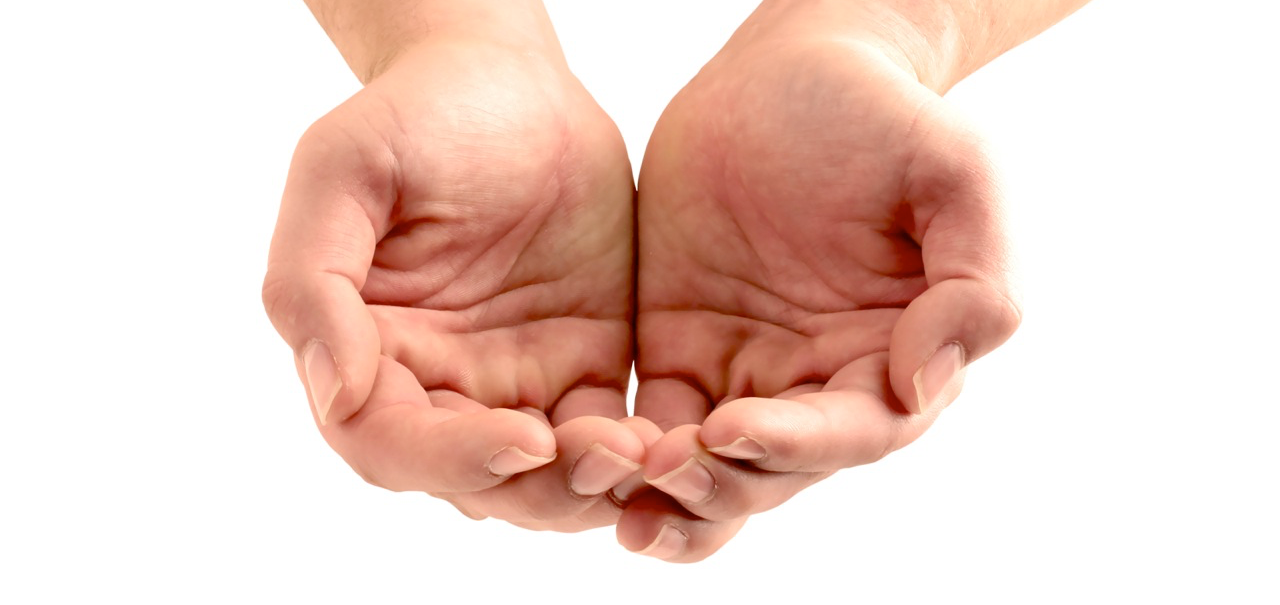
University of York, Physiology in Education.
In my last story ‘User Experience is …’I promised that…
"over the course of a few stories, I’ll try and cover a few of the sciences we draw upon in our art as a creative community to create engaging experiences."
I talked very briefly around design and the lean design deliverables I use in order to communicate and share understanding around business stakeholders within the industries I work.

University of York, Physiology in Education.
Next up is how I use psychology when designing. First let’s just take a very quick look at psychology and what it is:
"Psychology is the science of behaviour and mind, including conscious and unconscious phenomena, as well as feeling and thought.
So it’s obviously an easy step to make from psychology to human behaviour or what is now coined ‘behaviour economics’. Interestingly on this note, Richard Thaler, a keen observer of human behaviour was the founder of behavioural economics in 2015. He was inspired by Kahneman & Tversky’s work and coined the concept of mental accounting. The overarching notion that people think of value in relative rather than absolute terms. For example, they derive pleasure not just from an object’s value, but also the quality of the deal, i.e. its transaction utility.
But before we take that next step to human behaviour and behavioural economics, let’s mill around the psychology of UX for a while, as there’s plenty to talk about in that space. I have a feeling there’s more to come on behavioural economics!!!
Within UX there are certain key psychology models and effects that you can often see being used. These are probably most familiar in ecommerce situations to gently (or not so gently) nudge you to buy or ‘convert’. But they can also be seen working in other digital products as well.

University of York, Physiology in Education.
You can probably think of a time when these models have been used (and abused) in online checkouts. It’s worth being aware of psychology effects and models not to take advantage of them, as this may be considered a dark UX pattern, or using your powers for evil.
"Hotel booking sites to end ‘misleading’ sales’
BBC Business News
Instead you can use them for good. Being aware of how the mind works and how it perceives things, will allow you to reframe how you approach a user flow or interaction, so that you might be able to reduce anxiety.
Or it might allow you to complete user research more effectively, understanding why your participants have said something in greater detail and increasing your empathy for their response.
Take the example of filling in an online form; when you’ve filled in more details, you’re more anxious that your information is saved and that you won’t lose it. Temporarily capturing details and introducing reassuring messaging would reduce this anxiety and may make for a better experience.
As you’ll begin to find, the more you learn, the more you start using it everyday, not just in design. When dealing with that difficult conversation at work or when you’re trying to justify something to yourself. It’s one of those transferable skills, you’ll find yourself leaning on more and more.
That isn’t it though, there are many more psychological models that can be used in UX. The more you understand about how people feel and think and how the mind works, the broader your understanding and empathy of how people are feeling before, during and after they have used your product. Potentially allowing you to create more hypothesis to test and lean from and create more joyful solutions and services.
Here’s some wider psychological models* that you might also be interested in:
* Taken from our friends at Coglode, psychological and behavioural nuggets
So if I’ve piqued you’re interest with these examples and you want to get involved with another subject of study, why not look into psychology and use it for good (not evil) in your designs!
Next up in the series I’ll be looking into User Research, how this informs design and how Experience is … User Research.
Originally written as part of the ‘User Experience is …’ series for UX Collective.